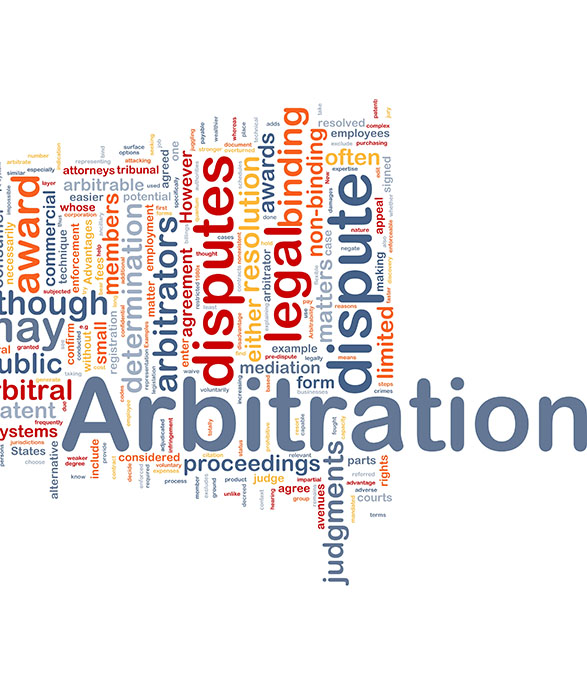On July 17, 2023, the California Supreme Court issued its long-awaited decision in the case of Adolph v. Uber Technologies, Inc. (“Uber”). The Uber case centers on how employee arbitration agreements can impact an employee’s ability to bring a PAGA lawsuit against a current or former employer.
A quick primer for those of you have had not had the “pleasure” of dealing with a PAGA lawsuit – PAGA is the shorthand for California’s Private Attorneys General Act of 2004, which gives “aggrieved employees” the ability to step into the shoes of the California Attorney General and pursue penalties for Labor Code violations on behalf of similarly situated individuals. PAGA cases are costly and difficult to defend for employers.
In the Uber decision, the California Supreme Court held that where a plaintiff has filed a PAGA action comprised of both individual and non-individual claims, an order compelling arbitration of individual claims does not strip the plaintiff of standing to litigate non-individual claims in court.
Basically, arbitration agreements are not a guaranteed barrier to employees bringing PAGA suits against employers. An employer can still compel an employee to resolve individual Labor Code claims in arbitration, but if the employee succeeds on any individual claim, they can come back to court and bring a corresponding PAGA claim on behalf of all “aggrieved employees.”
The decision in Uber is a departure from the U.S. Supreme Court decision in Viking River v. Moriana, in which the U.S. Supreme Court held that an employee’s individual PAGA claims could be compelled into arbitration effectively splitting the employee’s individual and representative PAGA claims and removing the employee’s ability (“standing”) to bring representative PAGA claims. Viking River was initially seen as a win for employers.
So, what does this mean for businesses with California employees? This does not necessarily mean that California employers should abandon arbitration agreements all together. Rather, employers need to re-frame how they view arbitration agreements. Arbitration agreements are not total defenses to representative PAGA claims.
However, arbitration may still be a useful tool in defending against PAGA claims brought by plaintiffs with weak individual Labor Code claims. If employers can successfully defend against a plaintiff’s individual PAGA claims in arbitration, the employer should then be able to show the Court that the PAGA plaintiff is not an “aggrieved employee,” thereby removing the plaintiff’s ability to act as a representative for other “aggrieved employees” in a PAGA lawsuit.
If you are considering updating your employment policies, are concerned about how this decision could affect your business, or have any other employment questions, Landegger & Verano is here to help. Landegger & Verano has exclusively represented employers in all aspects of employment litigation, advice, and labor relations across California for over 40 years. Please feel free to contact our office or reach out to me directly.
You can read the full text of the Adolph decision through the link below:
https://www.courts.ca.gov/opinions/documents/S274671.PDF


